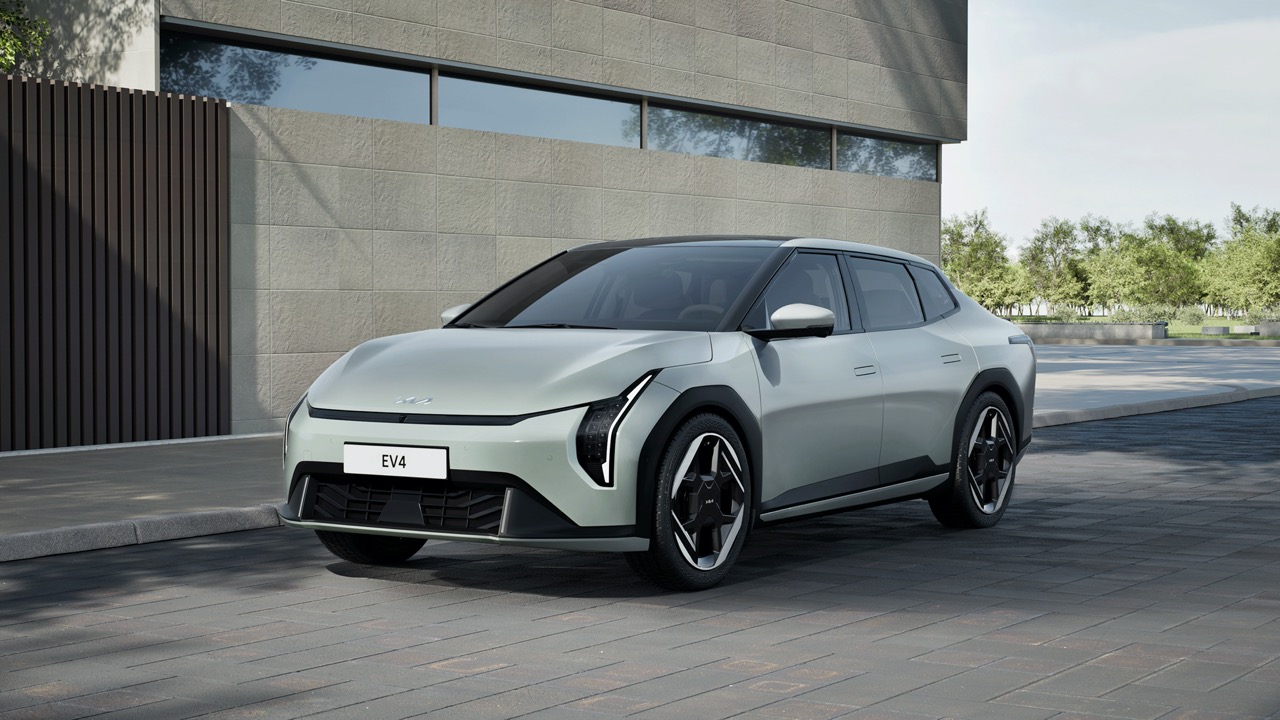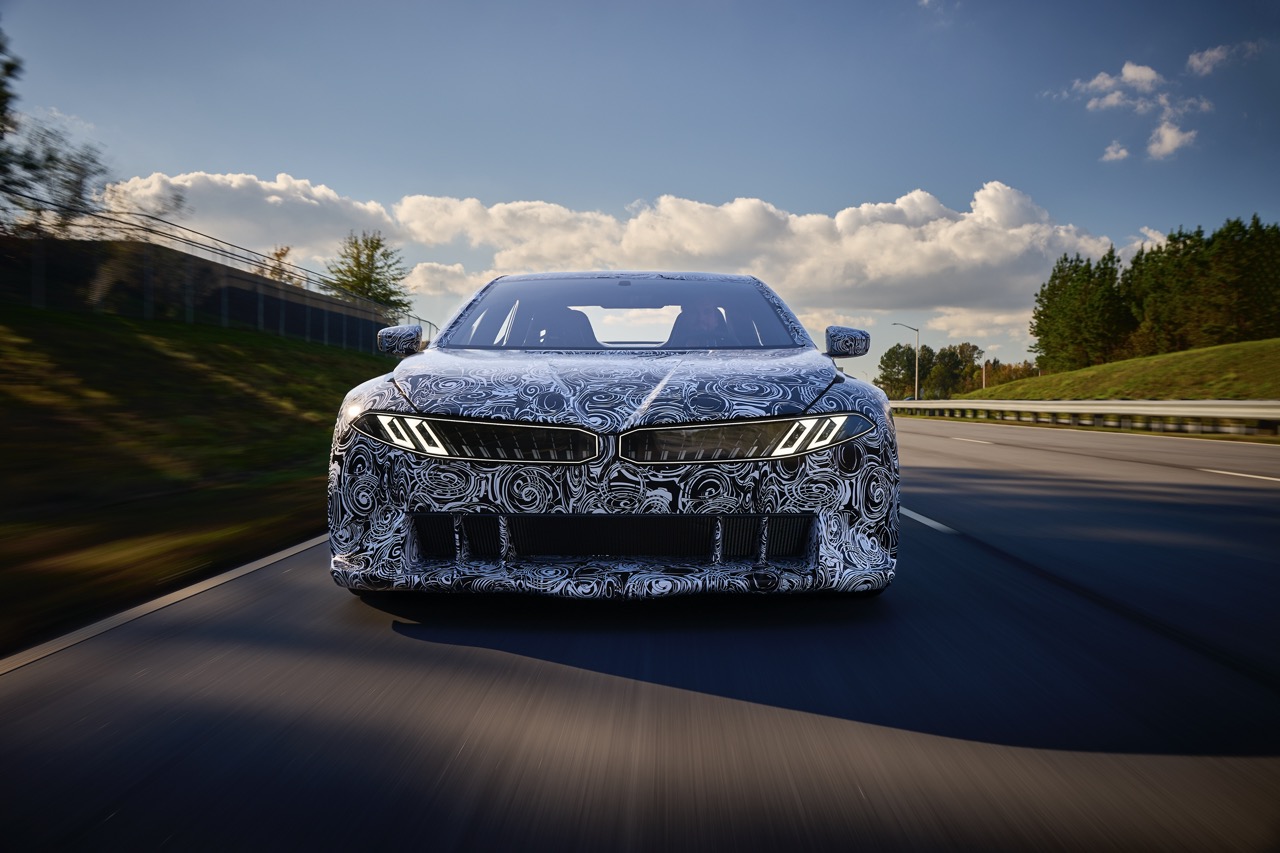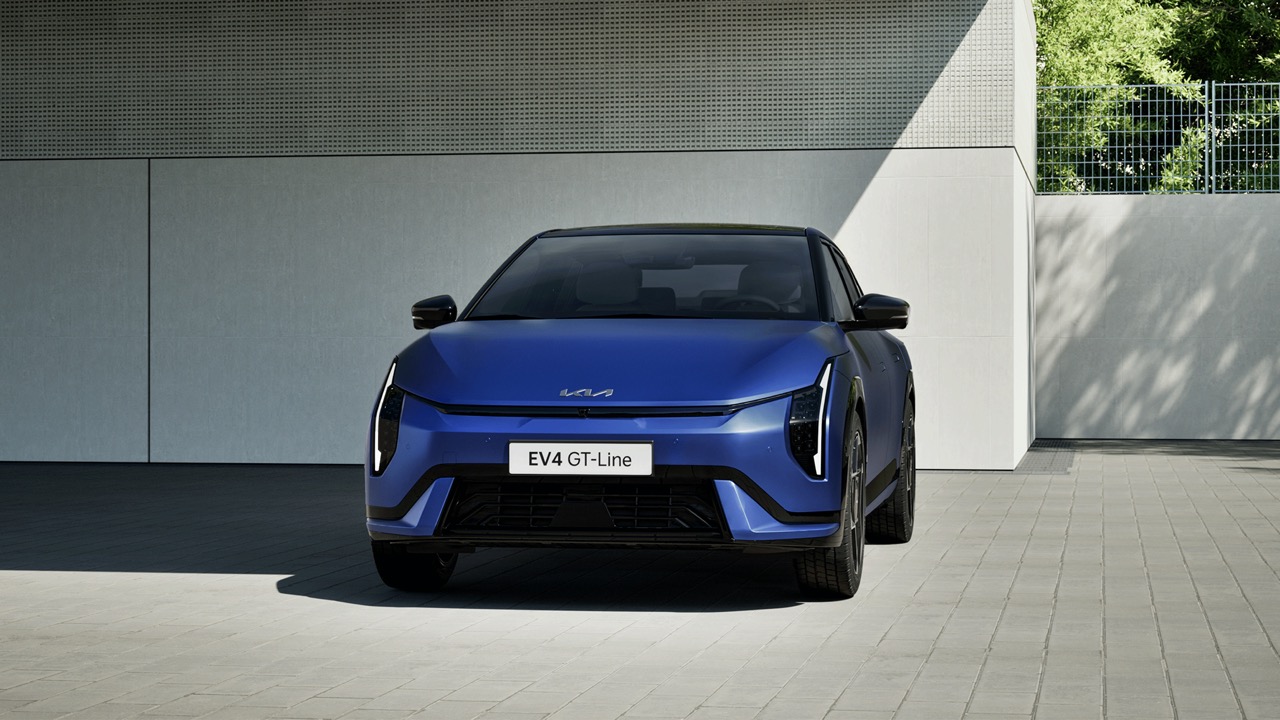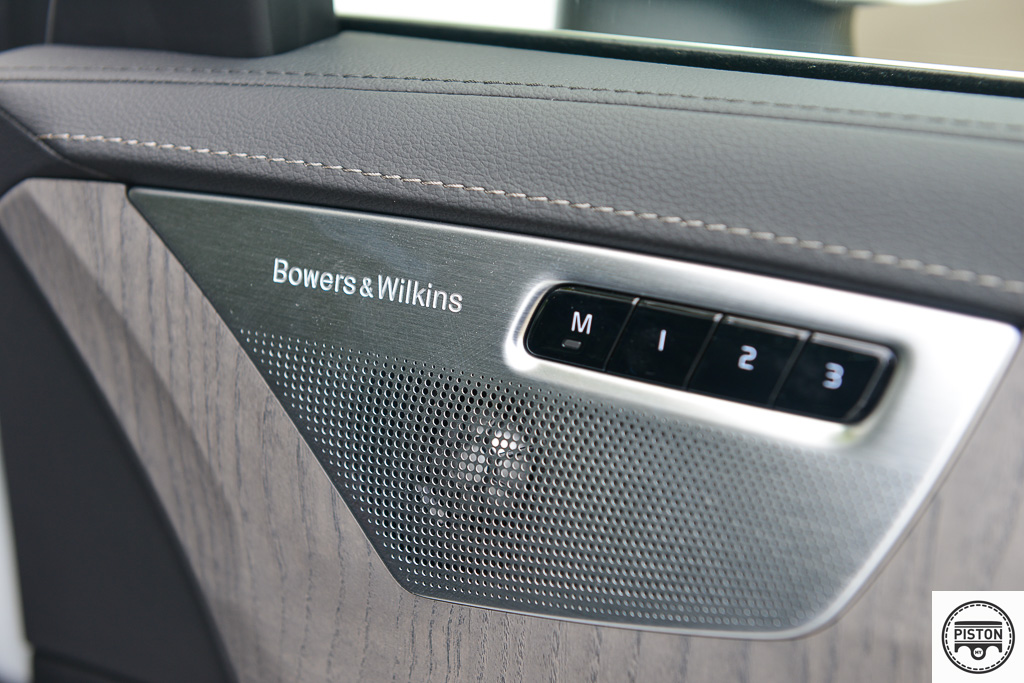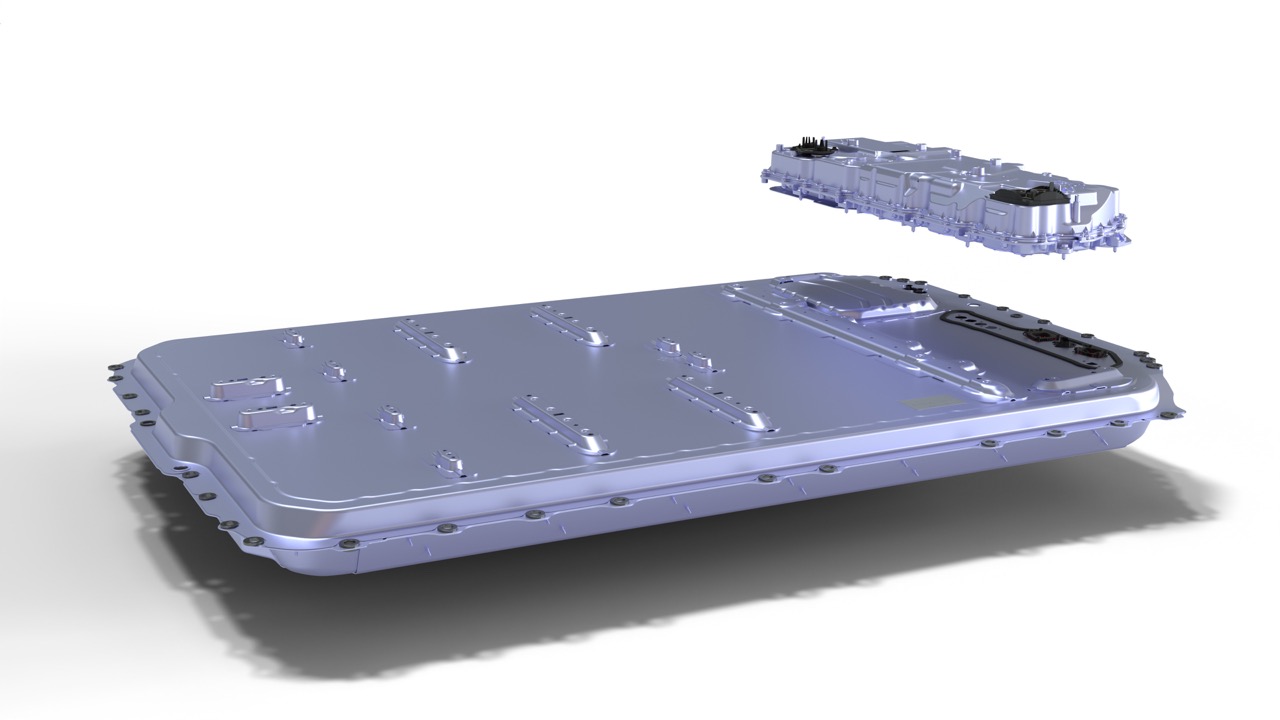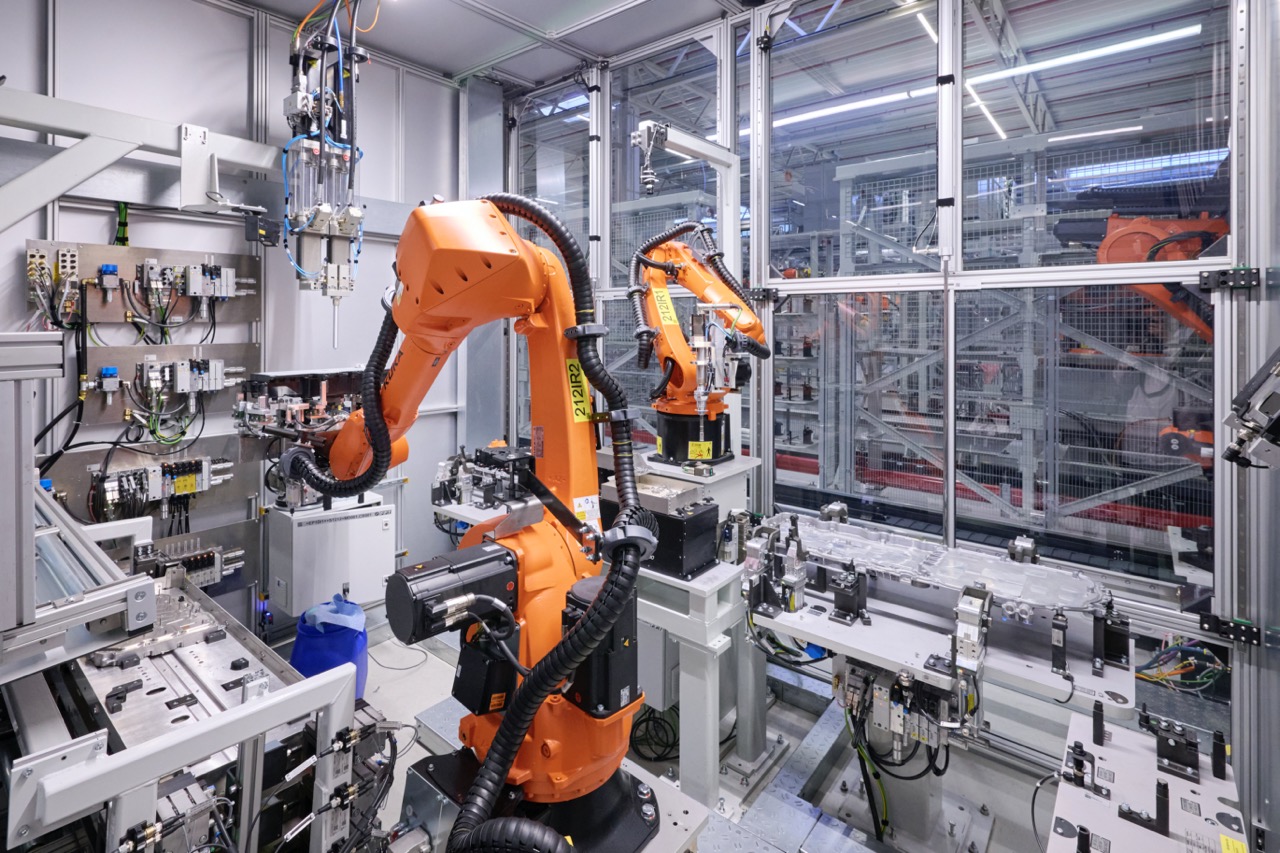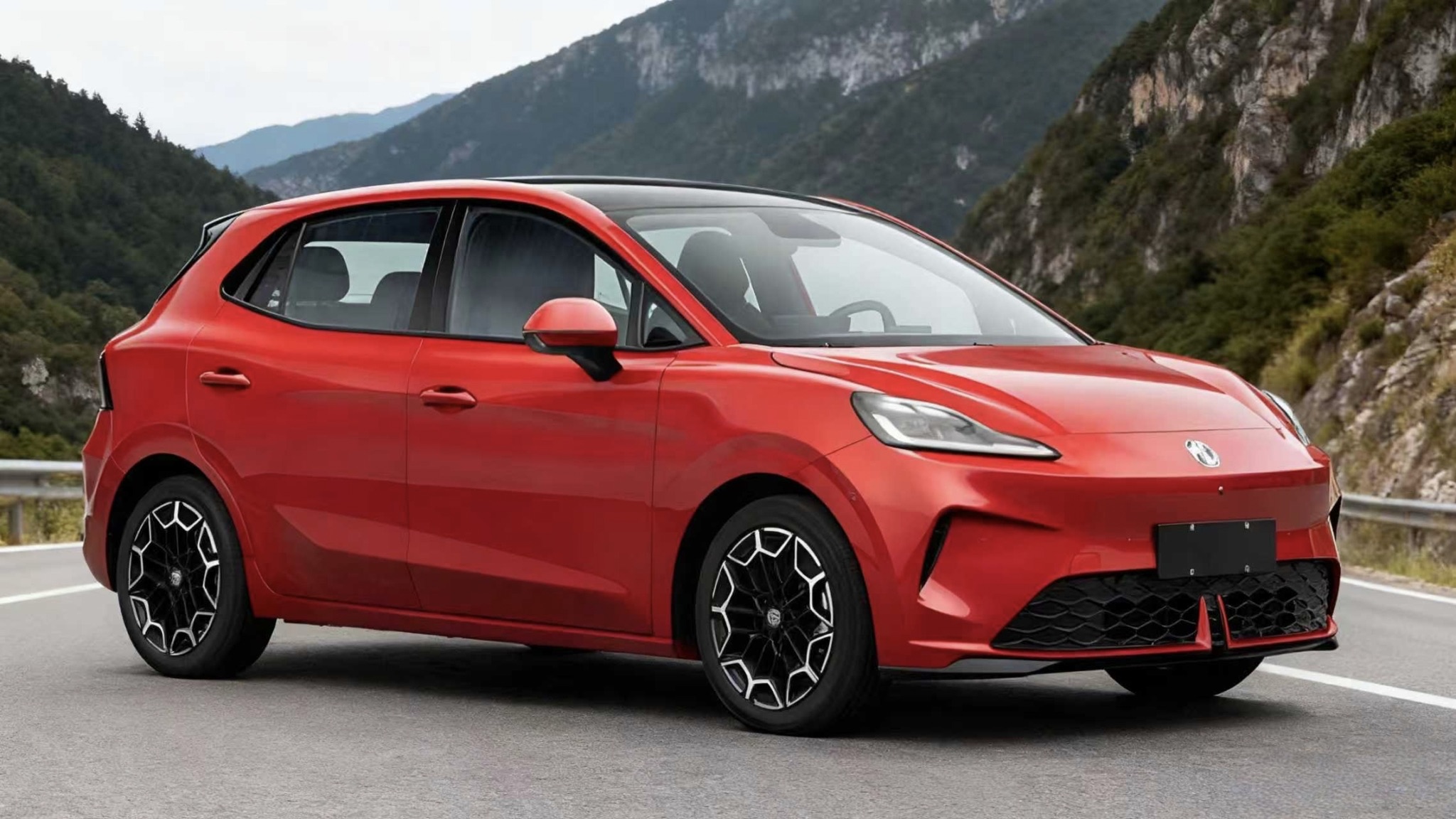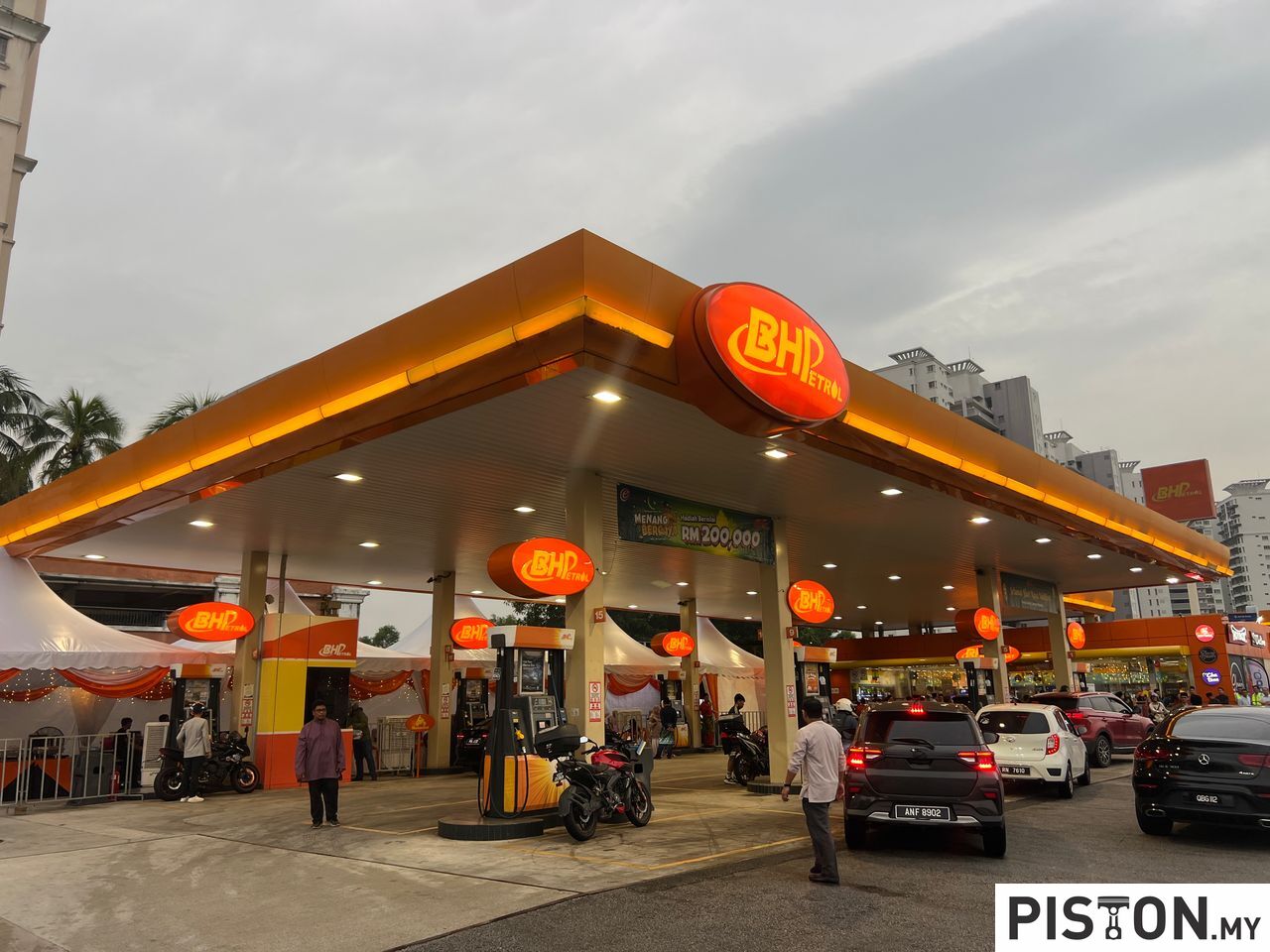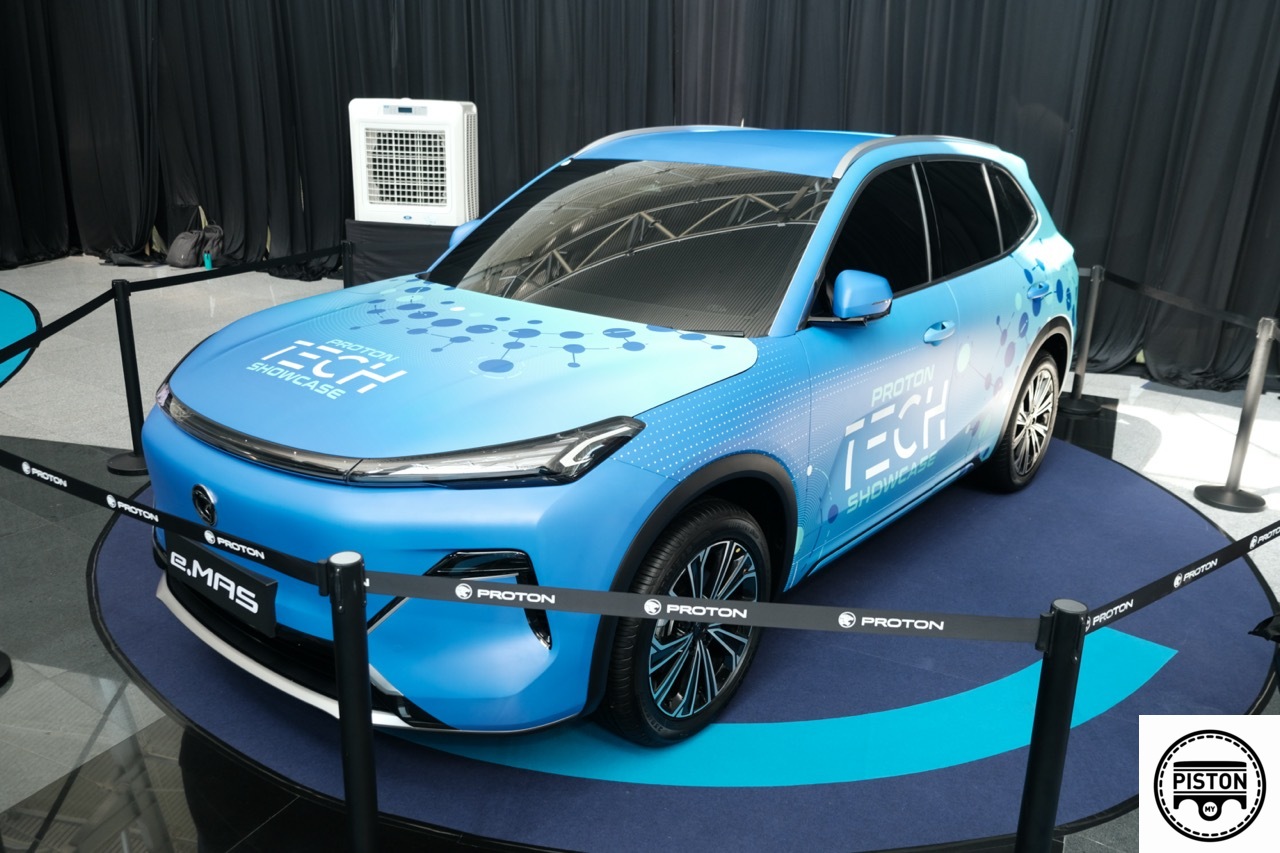Kia has officially introduced the highly anticipated EV4 electric sedan, alongside the striking Concept EV2, showcasing its commitment to cutting-edge electric vehicle (EV) technology. The EV4, a sleek and aerodynamic sedan, is positioned as a game-changer in the brand’s growing EV lineup. Meanwhile, the Concept EV2 provides a glimpse into Kia’s vision for future compact electric mobility.
The Kia EV4, which will be available in both standard and long-range versions, features a sophisticated electric powertrain that prioritises efficiency and performance. The long-range variant boasts an impressive 630 km range per charge, thanks to its advanced battery technology. Additionally, its ultra-fast charging capability allows the battery to be recharged from 10% to 80% in just 31 minutes, ensuring convenience for long-distance travelers.
Designed with aerodynamics in mind, the EV4 achieves a remarkable drag coefficient of 0.23 Cd, enhancing its efficiency and overall performance. Kia has also focused on delivering an immersive in-car experience, equipping the EV4 with a 30-inch widescreen display that integrates entertainment options such as Netflix and YouTube, catering to modern drivers and passengers seeking enhanced connectivity.


